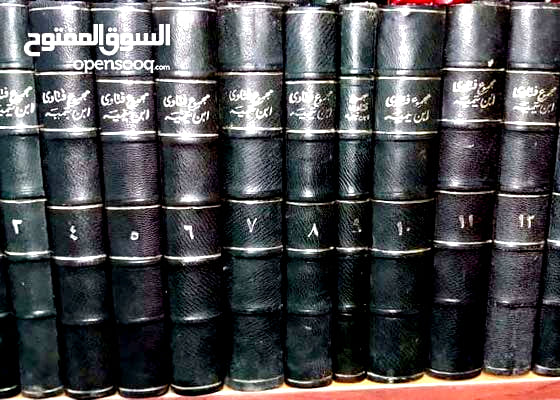Ibn Taymiyah Endorsed Tawassul
Ibn Taymiyah endorsed Tawassul, but opposed Istighatha:
وكذلك مما يشرع التوسل به في الدعاء كما في الحديث الذي رواه الترمذي وصححه أن { النبي صلى الله عليه وسلم علم شخصا أن يقول : اللهم إني أسألك وأتوسل إليك بنبيك محمد نبي الرحمة يا محمد يا رسول الله إني أتوسل بك إلى ربي في حاجتي ليقضيها اللهم فشفعه في } ” فهذا التوسل به حسن .
وأما دعاؤه والاستغاثة به : فحرام .
والفرق بين هذين متفق عليه بين المسلمين .
المتوسل إنما يدعو الله ويخاطبه ويطلب منه لا يدعو غيره إلا على سبيل استحضاره ، لا على سبيل الطلب منه وأما الداعي والمستغيث فهو الذي يسأل المدعو ويطلب منه ويستغيثه ويتوكل عليه والله هو رب العالمين
“And similarly, it includes the permissible type of Tawassul in the supplication, as it has been narrated in the Hadith of Tirmidhi, who also authenticated it:
The Prophet taught a man to say: “O Allah, I ask You and turn towards You by Your Prophet Muhammad (ﷺ), the Prophet of Mercy. (yaa Muhammad) O Mohammad, (yaa rasool Allah) O Messenger of God, Indeed, I have turned to my Lord, by means of You, concerning this need of mine, so that it can be resolved, so O Allah so accept his intercession for me.” [Hadith]
This type of Tawassul is good.
But as for supplicating to (other than God) and seeking THEIR aid (istighatha): this is forbidden.
The Muslims agree that there is a distinct difference between these two.
As for the person who does Tawassul, he calls upon Allah, and addresses Allah, and asks Allah: he does not call upon other than Allah except in conjuncture with it, and it is not with the intent of asking them (but God).
As for the person who supplicates to other than God and seeks THEIR aid (Istighatha), he calls upon other than Allah, and asks him for his needs, seeking his aid and relying on him, while Allah is the Lord of the Worlds.”
[“Majmu al-Fatawa”, 3/276].

Leave Your Comments